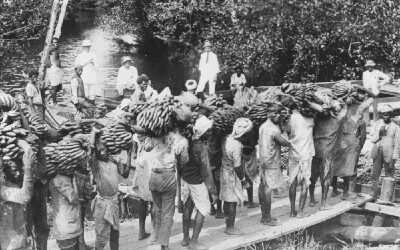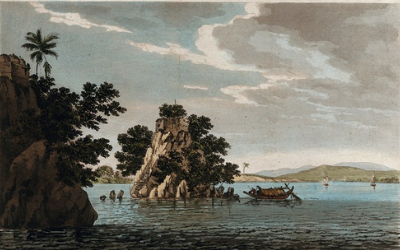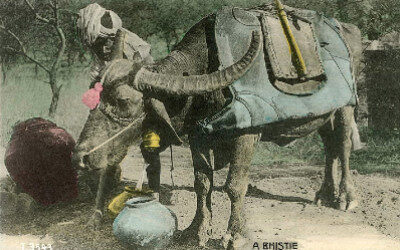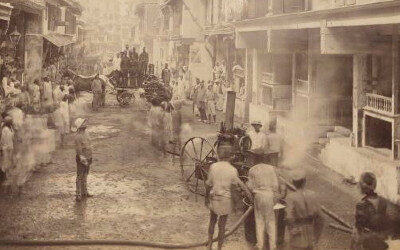Chatrooms
Short histories and interviews featuring experts ranging from a rock star to anthropologists and historians of South Asia
3 Ways Indigenous Knowledge Protects Biodiversity
Indigenous knowledge protects biodiversity. There are three reasons why scientists should speak to traditional communities and learn from them
The Shameful Legacy of Indigenous Residential Schools
How indigenous residential schools erased identities and subjected children to horrific abuse across countries and centuries
We’re Going on a Brief Hiatus
This is the first edition of the Scrolls & Leaves Quiz! See how much you can guess. Also, we’re going on a short break to prepare for Season 1. Stay with us!
18: The History of Indian Science, in Comics
Arghya Manna is a cartoonist who communicates the history of Indian science through comics. He discusses art and famine
17: Nature’s Voice – Tuvan Throat Singing
From the mountains of Central Asia comes a musical form that borrows from Nature. Ft. Saylyk Ommun.
16: Decolonizing a Maharajah
A painting of a Maharajah by the Singh Twins complicates the Western narrative of a faithful British subject
15: Journey of New World Coins to India
From the mines of South America, tons of silver travel to Mughal India to fill the coffers of Emperors
14: The Rise of Desi Hip Hop
The rise of Desi Hip Hop is the result of the South Asian diaspora looking for ways to express their identity. It’s spread across the world.
13: The Case of the Severed Breasts on the Windowsill
The appearance of severed breasts on a windowsill reveals lessons about the perils of harsh policing
12: Evolution of Indian Blues – Bidesia
The British took Indians to Fiji to work on plantations. There, they would sing bidesia, lamenting for a lost homeland.
11: When Technology Meets Ayurveda
The influx of technology such as pocket watches beginning in the 1860s transformed India’s traditional medical systems
10: Encounters with India’s Maneaters
Indians are sharing space with predators and wild animals, with deadly consequences. How can we co-exist? Ft. Nayanika Mathur
9: Disease Goddesses and Scapegoats
In India, each illness was assigned a Disease Goddess who was believed to both cause and protect from the disease
8: A Disease Sleuth in Bangalore
British scientist Sir Ronald Ross tries to stops a deadly cholera outbreak in 1895 Bangalore. He applies learnings from the new field of epidemiology
7: An Ancient Pandemic Story
A Sanskrit scholar narrates a tale from one of the oldest Ayurvedic texts, Charaka-samhita, that has surprising resonance with our current lives
6: You’re being tracked – Pandemic capitalism
A public health vacuum left by governments over decades is being filled by tech companies, which have increased surveillance as a response to Covid-19
5: Ayurveda Vs. Science: The Matchup
Can the great divide between traditional medicine like Ayurveda and allopathic medicines ever be bridged? We look at the evidence with biologist Annamma Spudich
4: Why Do Colonial Cities Have Bad Water?
A history of colonial neglect in Calcutta has led to an unusual mode of water delivery. Historian Pratik Chakrabarti also discusses pandemics and discrimination
3: The Most Ancient Medicine
Folk Healing is the most ancient form of medicine. G. Hariramamurthi has visited more than 12,000 villages across India to document folk medicine practices
2: When Plague Hit Bombay
An old draconian law from 1897, when plague hit Bombay, has been reinstated for Covid-19. Interview with historian Tarangini Sriraman
1: Medicine at the Border
What should nations dowhen a pandemic hits? Historian Alison Bashford talks about the various kinds of borders that define pandemics and immigration




















